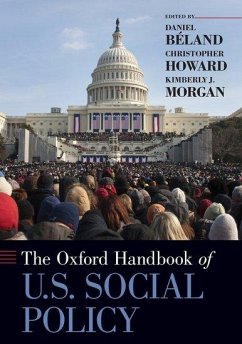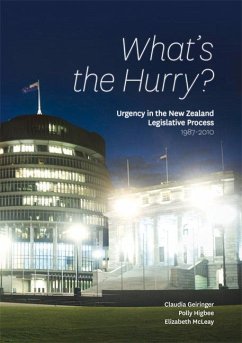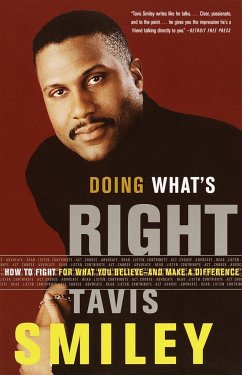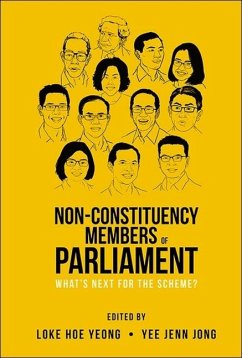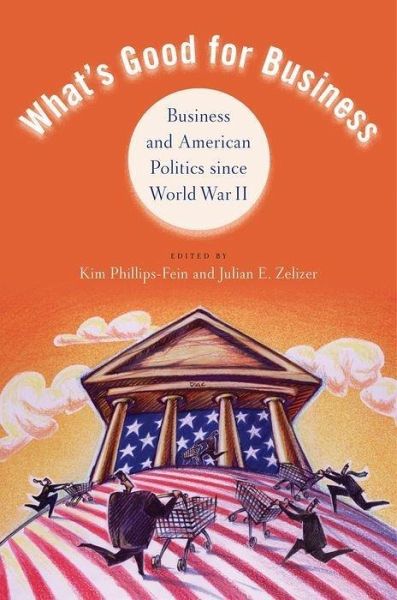
What's Good for Business
Business and Politics Since World War II
Herausgeber: Phillips-Fein, Kim; Zelizer, Julian E

PAYBACK Punkte
21 °P sammeln!
This volume showcases the most exciting new voices in the fields of business and political history. While the media frequently warns of the newfound power of business in the world of politics, the authors in this book demonstrate that business has mobilized to shape public policy and government institutions, as well as electoral outcomes, for decades. Rather than assuming that business influence is inevitable, the chapters explore the complex evolution of this relationship in a wide range of different arenas--from attempts to create a corporate-friendly tax policy and regulations that would wo...
This volume showcases the most exciting new voices in the fields of business and political history. While the media frequently warns of the newfound power of business in the world of politics, the authors in this book demonstrate that business has mobilized to shape public policy and government institutions, as well as electoral outcomes, for decades. Rather than assuming that business influence is inevitable, the chapters explore the complex evolution of this relationship in a wide range of different arenas--from attempts to create a corporate-friendly tax policy and regulations that would work in the interests of particular industries, to local boosterism as a weapon against New Deal liberalism, to the nexus between evangelical Christianity and the oil industry, to the frustrations that business people felt in struggles with public interest groups. The history that emerges show business actors organizing themselves to affect government in myriad ways, sometimes successfully but other times with outcomes far different than they hoped for. The result in an image of American politics that is more complex and contested than it is often thought to be. The essays represent a new trend in scholarship on political economy, one that seeks to break down the barriers that once separated old subfields to offer a vision of the economy as shaped by politics and political life influenced by economic relationships.







